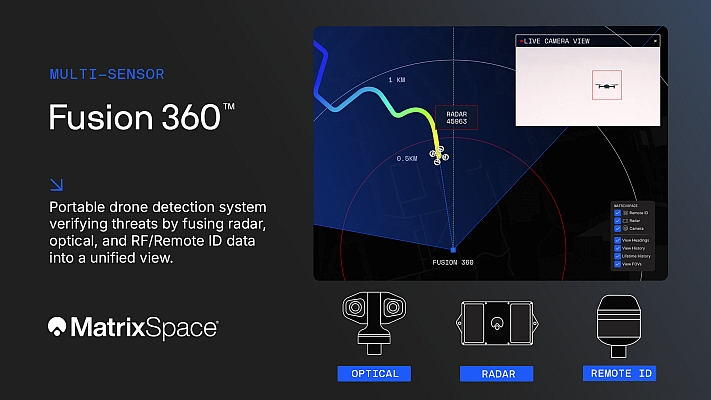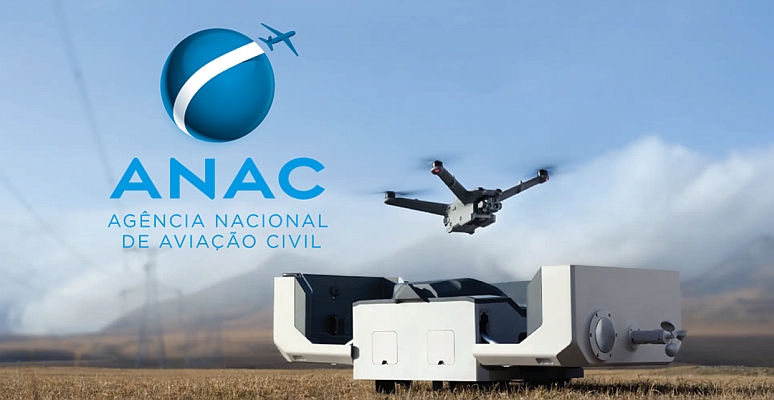Human activities, a changing climate and natural disasters are rapidly altering the face of our planet. Now, with Nasa’s Images of Change iPad application, users can get an interactive before-and-after view of these changes.

The app presents sets of images of places around the world that have changed dramatically. Some of these locations have suffered a disaster, such as a fire or tsunami, or illustrate the effects of human activities, such as dam building or urban growth. Others document impacts of climate change such as persistent drought and rapidly receding glaciers.
“Images of Change gives users an astronaut’s or Earth explorer’s view of the changes occurring on our planet and demonstrates the important role Nasa plays in contributing to the long-term understanding of Earth,” said John Grunsfeld, Nasa’s associate administrator for science in Washington. “By utilizing ground-based and space-based observation systems, we are able to better understand how humans are contributing to a changing world.”
Images of Change makes Nasa climate change resources, images and interactive tools more accessible to citizens and decision makers, a key aspect of President Obama’s Climate Action Plan. The image pairs are part of the larger Images of Change gallery on Nasa’s Webby-award winning Global Climate Change website. The gallery includes satellite views as well as photos taken at ground level.
Viewers can look at the images side-by-side or overlay them using a slider bar to travel from past to present. Each image pair includes background information on what the viewer is seeing and its location on a map.
“The Images of Change gallery is one of the more popular parts of the Global Climate Change website,” said Amber Jenkins, editor of the website at Nasa’s Jet Propulsion Laboratory in Pasadena, Calif. “The gallery project, which began in 2009, helps people see just how our planet is changing over days, months, years and centuries. Seeing is believing, and the perspective we get from space helps us step back and see Earth as a whole.”
Source: Nasa






